Majid Nizami (1928-2014)
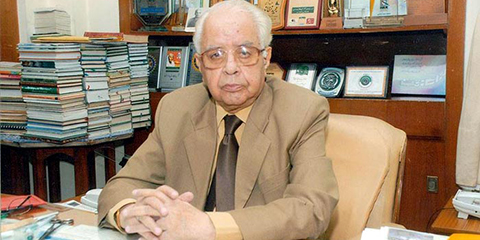
Editor-in-chief and publisher of Nawa-i-Waqt, Majid Nizami was in the field of journalism for almost half a century. He was born in Sangla Hill in Sheikhupura, Punjab, and got his early education there.
For his graduate and master’s degrees, Nizami went to Government College and the Punjab University in Lahore.
During his student days, he actively participated in the Pakistan Movement. He joined the Muslim Students Federation. Liaquat Ali Khan, realizing his contributions to the cause of independence conferred upon him the sword of honor and the title of Mujahid-e-Tehreek-e-Pakistan.
Nizami went to England in 1954 and studied at the University of London, while also studying for his Bar degree from the Greys Inn.
Majid had to rush back to Pakistan after Hameed Nizami died to take over and run their publishing business. Like his brother, he also opposed General Ayub Khan and fiercely supported Fatima Jinnah during the presidential elections in 1965.
His outspoken journalism brought him into direct conflict and victimization by almost all the subsequent regimes in Pakistan. In spite of immense pressures, Majid strove to maintain an independent stance as far as his newspaper was concerned. From time to time he was offered key positions in the government by political leaders but he always declined, focusing instead on print media.
He died in Lahore on July 26, 2014 because of a heart ailment.
Source: The Oxford Companion to Pakistani History
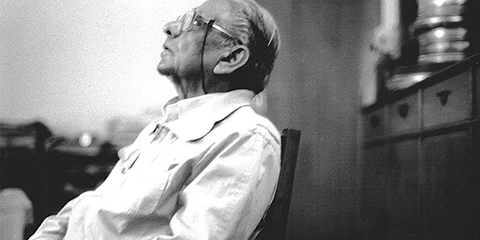
Anwar Ali (1922-2004)
Anwar Ali, creator of famous character Nanna, was the first newspaper cartoonist associated with The Pakistan Times. Born on April 18, 1922 in Ludhiana, his association with this newspaper

Zakir Hussain Syed (1939-2013)
Zakir Hussain Syed, affectionately called Zak, was an internationally renowned sports administrator, broadcaster and journalist. Born in the town of Sialkot on November 1, 1939, Zakir had his initial schooling at Rawalpindi's Denny's High School.
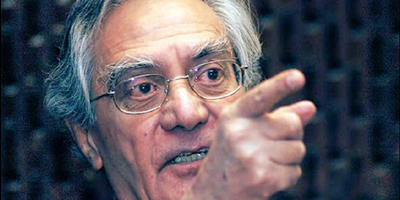
Aslam Azhar (1932-2015)
Born on 2 September 1932, Aslam Azhar is remembered as the founding father of Pakistan Television. After earning a law degree from Cambridge University, he chose not to pursue a legal career but instead immersed himself in the world of performing arts.

Mir Khalil-ur-Rahman (1927-1992)
Mir Khalil-ur-Rahman was the Founder and Editor of the Jang Group of Newspapers.. A self-made newspaper magnate he ranks among the most successful newspaper entrepreneurs in Asia.

Yusuf Lodhi (Vai Ell) (1938-1996)
Yusuf Lodhi, an accidental but acerbic cartoonist, who introduced a new form of political caricature in Pakistan, joined the world of journalism in 1969 as assistant editor of Peshawar Times.
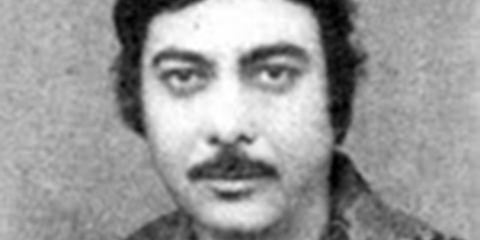
Riaz Batalvi (1937-2003)
Riaz Batalvi, a journalist, became a writer and a dramatist, giving PTV two of its best productions - Aik Haqeeqat, Aik Afsana and Dubai Chalo. Born as Riazul Hasan in February 1937 in Gurdaspur
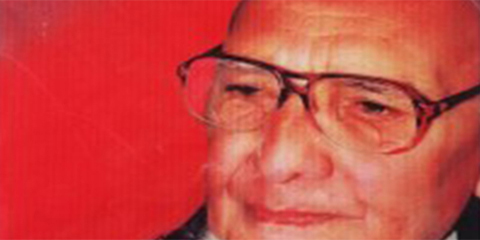
Abdullah Malik (1920-2003)
Journalist, writer and political activist, Abdullah Malik wrote in his book Purani Mehfilain Yaad aa Ra'hi Ain: "I can declare with pride that I have spent my entire life wedded to the same commitment
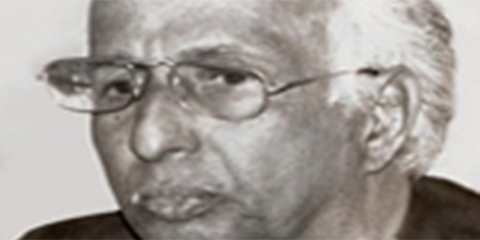
Nisar Osmani
Born in Allahabad in 1931, Mr. Nisar Osmani had his early education in India. Migrating from India soon after the creation of Pakistan, Nisar Osmani stepped into practical life as a school teacher in Bahawalpur.
Newsroom

Japan anti-espionage law plan raises media freedom fears
December 14, 2025 Japan plans fast-track anti-espionage and secrecy laws, prompting warnings from legal experts and press advocates that broad rules could chill journalism and weaken source protection.

Washington Post AI podcast sparks accuracy concerns
December 13, 2025 Washington Post launches an AI-personalized podcast that permits user customization but faces staff and industry criticism over accuracy mistakes and journalistic integrity in early rollout.

Pope warns Italian intelligence against smearing journalists
December 13, 2025 Pope Francis warns Italian intelligence to avoid smearing journalists and respect confidentiality, amid concerns over spyware, leaks, and surveillance targeting reporters and rights defenders.

Trial of Meydan TV journalists opens in Baku
December 13, 2025 Trial proceedings against Meydan TV journalists have opened in Baku, raising concerns among press freedom groups about pressure on independent and foreign-funded media outlets.

China charges journalist Du Bin under public order offense
December 13, 2025 China has formally charged veteran journalist and documentary maker Du Bin with picking quarrels and provoking trouble, a public order offense critics say is used to silence media.












